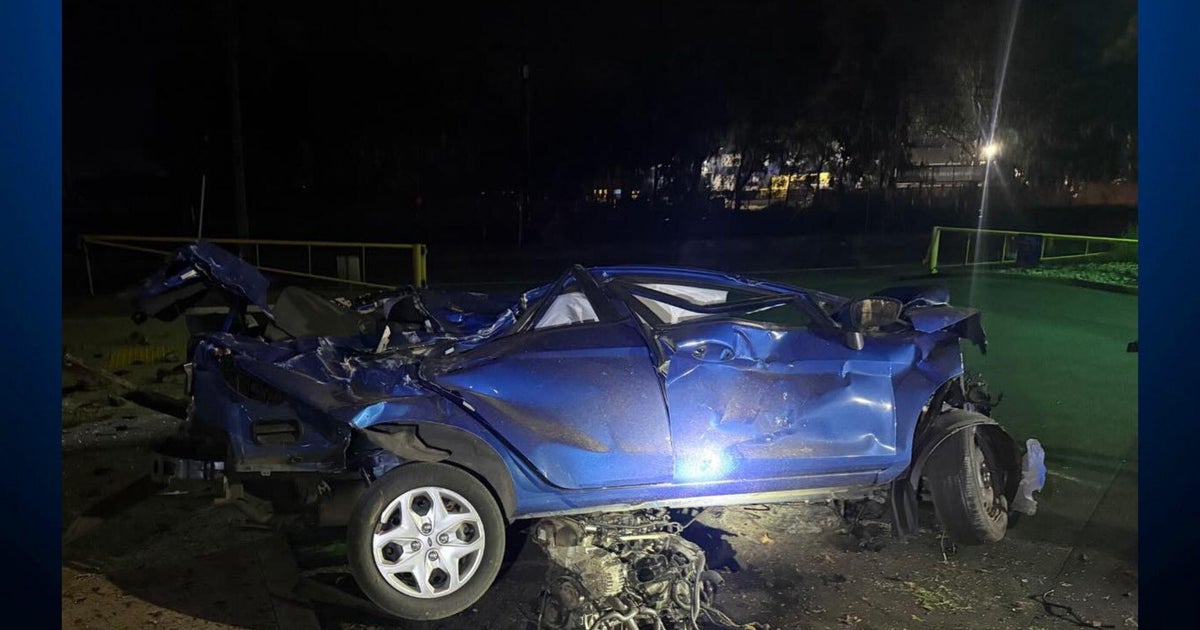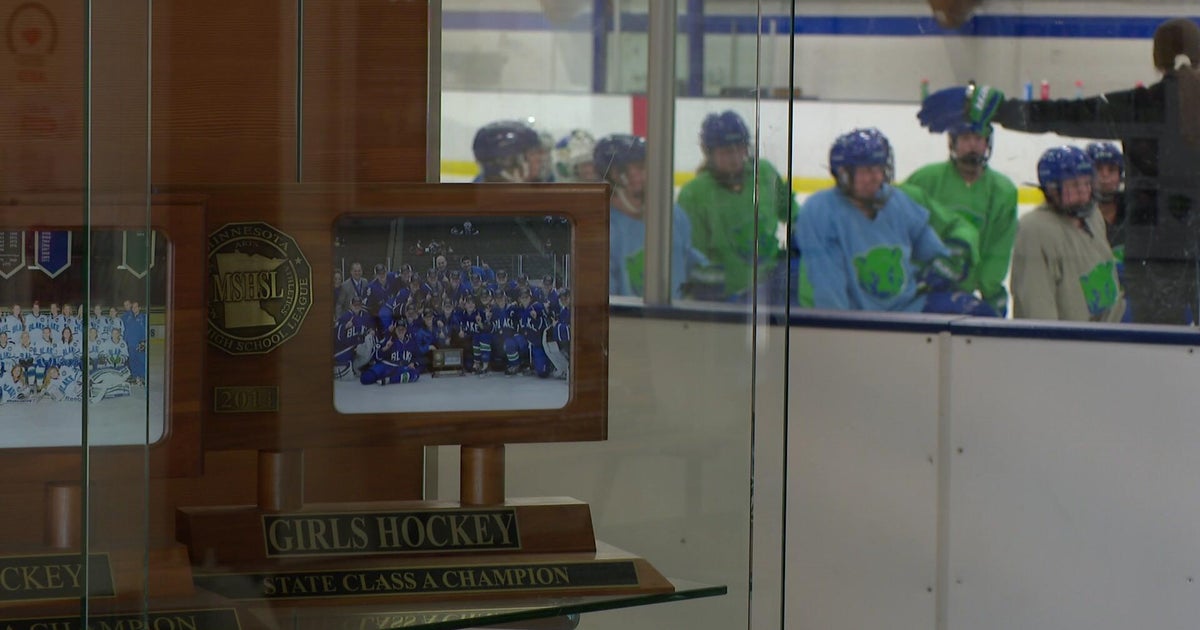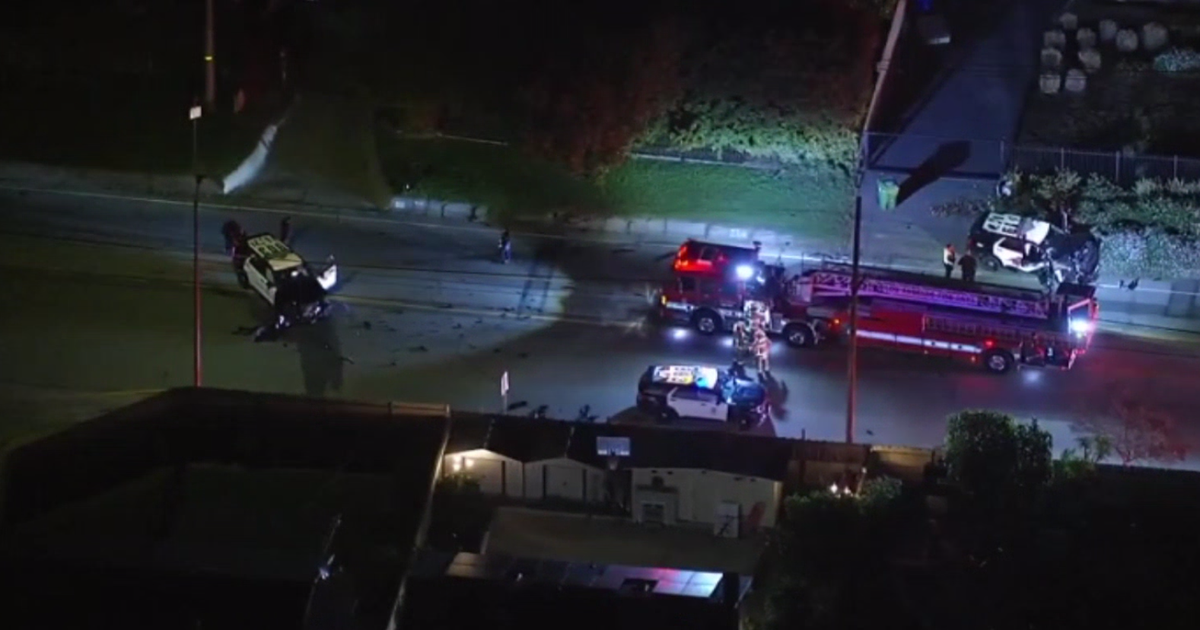Violinist May Never Get Car Back After Unknowingly Lending It To Drunk Driver
MINNEAPOLIS (WCCO) -- Trying to do a favor for someone may have cost a Hopkins woman her car.
Gayle Thomas is an accomplished violinist, but her daily routine has hit a sour note.
She thought she was doing a good thing last month by letting her friend's boyfriend borrow her car. It was a small favor that has turned into a major headache.
"We hadn't been drinking. Nobody had been drinking. We were watching the kids that were there. We needed some stuff from the store and I said, 'Sure, just take my car,'" Thomas said.
The man driving Thomas's car was arrested for DUI hours later. It was his second such arrest in five months.
"I feel like I'm the one being punished here and I'm not the one who committed any sort of crime," Thomas said.
And even though Thomas has a clean driving record, her vehicle was seized by the Minnesota State Patrol -- and it is possible she will not get it back.
"When you haven't done anything wrong and you aren't out driving the vehicle, you weren't in the car at the time, it's just a very unfortunate situation and it's a problem with the forfeiture laws in Minnesota," Thomas' attorney, Kirk Anderson, said.
Anderson has filed a lawsuit to try and get her car back. He says he is coming across more and more cases like this one.
"It's a difficult standard to meet because essentially the owner said, 'I had no idea this was going to be done this way, otherwise I wouldn't have borrowed this individual my car.' And if the judge believes you, you get your vehicle back. If they don't, you lose your vehicle forever," he said.
Thomas is relying on friends and family to get her where she needs to go in the meantime. A trip from Hopkins for rehearsal in Mankato is proving to be a challenge.
"I don't know what I'm going to do," Thomas said. "Cab fare is expensive, grocery shopping is really difficult, getting to my church is almost impossible."
The State Patrol, the arresting agency in this case, told WCCO the law required them to seize the vehicle in this case.
It is up to a judge to decide if the owner gets it back. If the vehicle is ultimately auctioned off, the arresting agency gets 70 percent of the net proceeds from the auction.







